Heat Treatment Services
Home » Surface Finishing Services » Heat Treatment Services
Experienced heatreatment service in China.
Heat treatment service is widely used in the processing of mold parts, and other precision machining parts.
Top quality, delivery on time, SYM precision machining services .
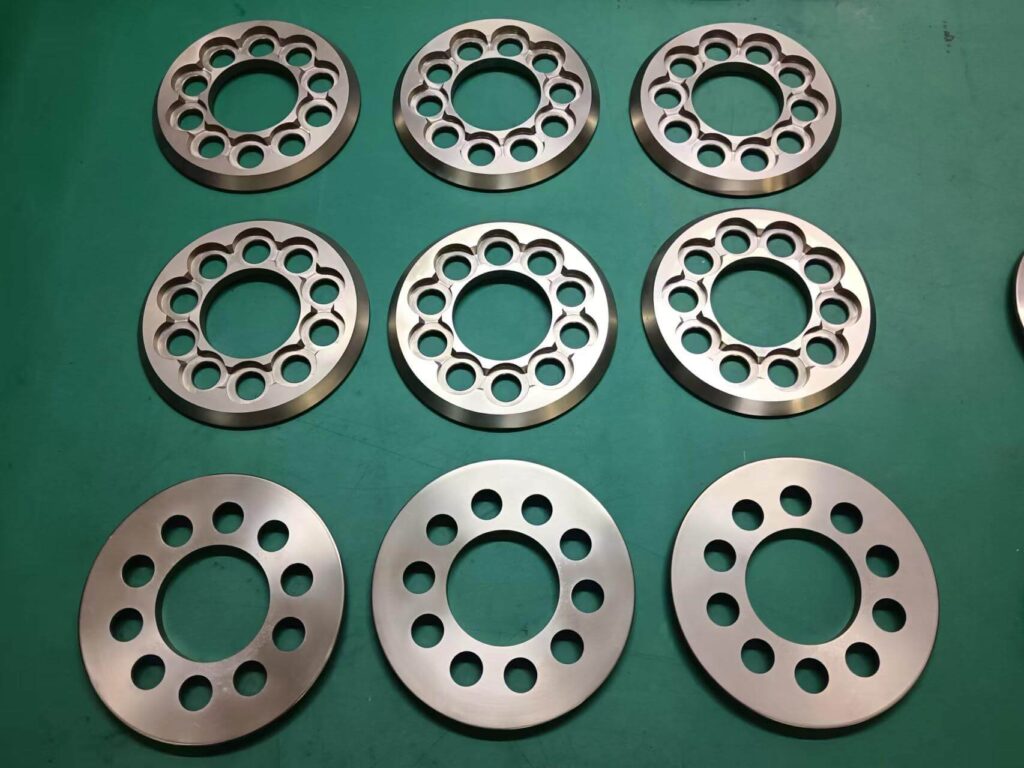
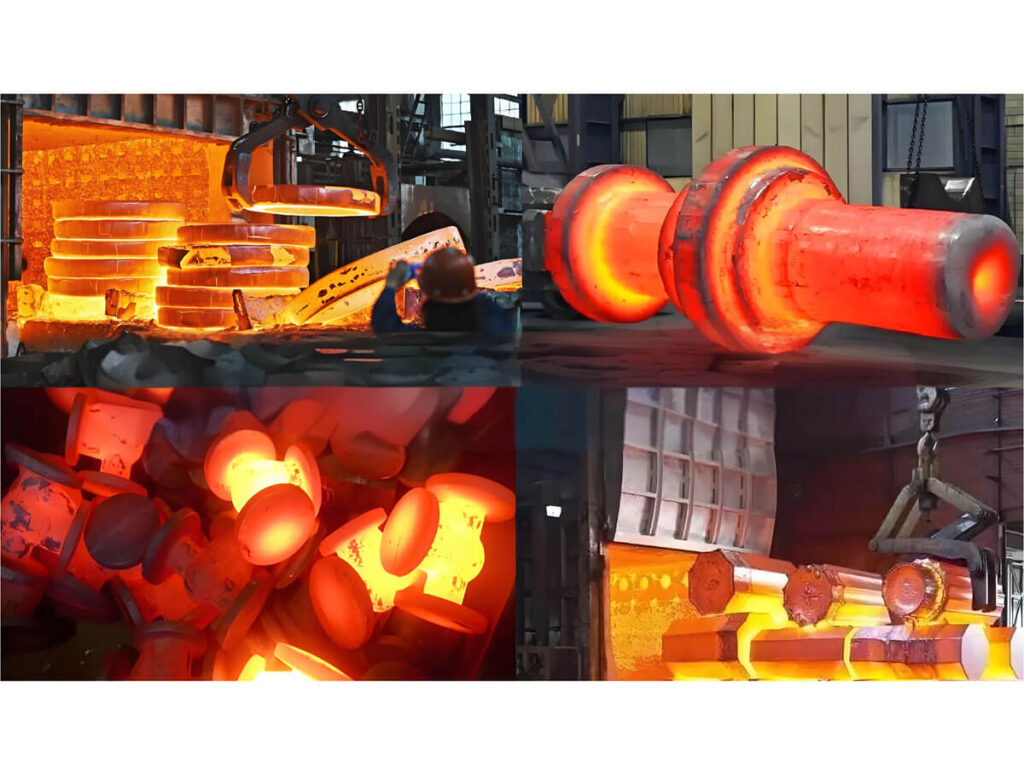
What is heat treatment service?
Heat treatment is a controlled process used to alter the physical and sometimes chemical properties of materials, primarily metals and alloys. By applying specific heating and cooling cycles, heat treatment enhances characteristics such as hardness, strength, ductility, and resistance to wear and corrosion. This process is essential in manufacturing to ensure materials meet the required performance standards for various applications.
What types of heat treatment we can do for you?
SYM Precision Machining provides a range of heat treatment services to meet diverse material property requirements. Their offerings include:
Annealing
Involves heating a material to a specific temperature and then cooling it slowly to soften the material, improve ductility, and relieve internal stresses.
Quenching
Rapid cooling of a material from a high temperature, typically in water or oil, to increase hardness.
Tempering
After quenching, tempering reheats the material to a lower temperature and then cools it, reducing brittleness while maintaining hardness.
Case Hardening
A surface hardening process that increases the hardness of the outer layer while keeping the inner material softer and more ductile.
Nitriding
Introducing nitrogen into the surface of a material to form hard nitrides, enhancing surface hardness and wear resistance.
Carburization
A type of case hardening where carbon is diffused into the surface layer to increase hardness.
What kinds of material suitable for heat treatment?
Heat treatment is primarily used for metals and alloys, though some ceramics and glass materials may also undergo specialized thermal processes. Different materials respond differently to heat treatment based on their composition, so the type of material will often dictate the type of heat treatment process that can be applied.
1. Carbon Steels
Low Carbon Steel (e.g., AISI 1010, 1020)
Generally not hardened by heat treatment but may be case-hardened for surface durability.
Medium Carbon Steel (e.g., AISI 1040, 1050)
It offers excellent resistance to rust, moisture, and chemicals, making it suitable for outdoor use.
High Carbon Steel (e.g., AISI 1095)
Powder coating is available in numerous colors and finishes, from high gloss to matte, and even textured effects.
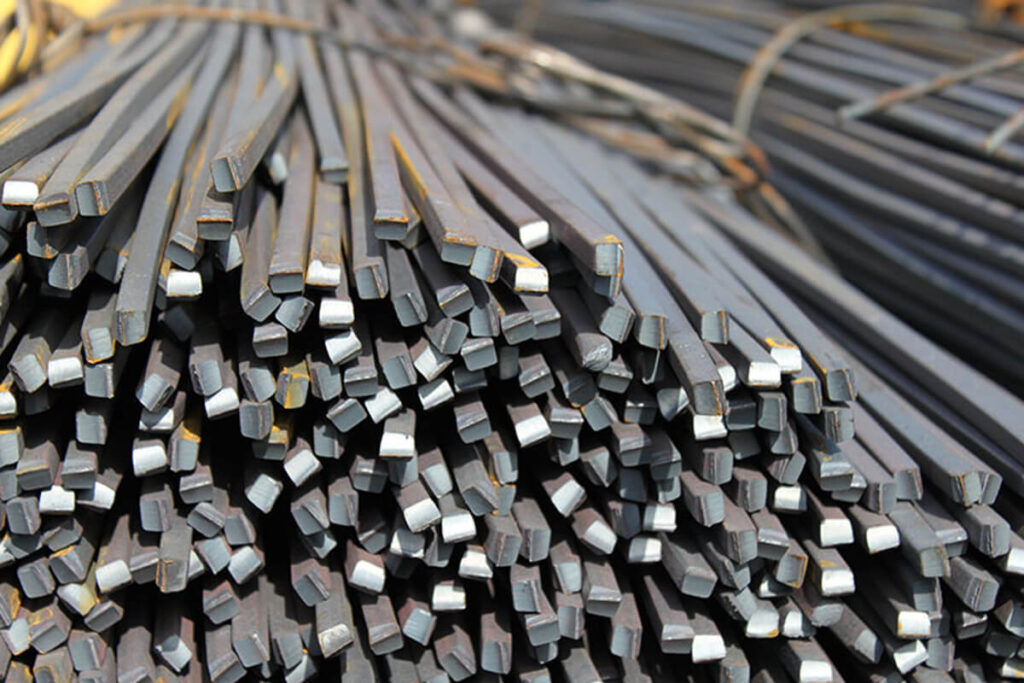
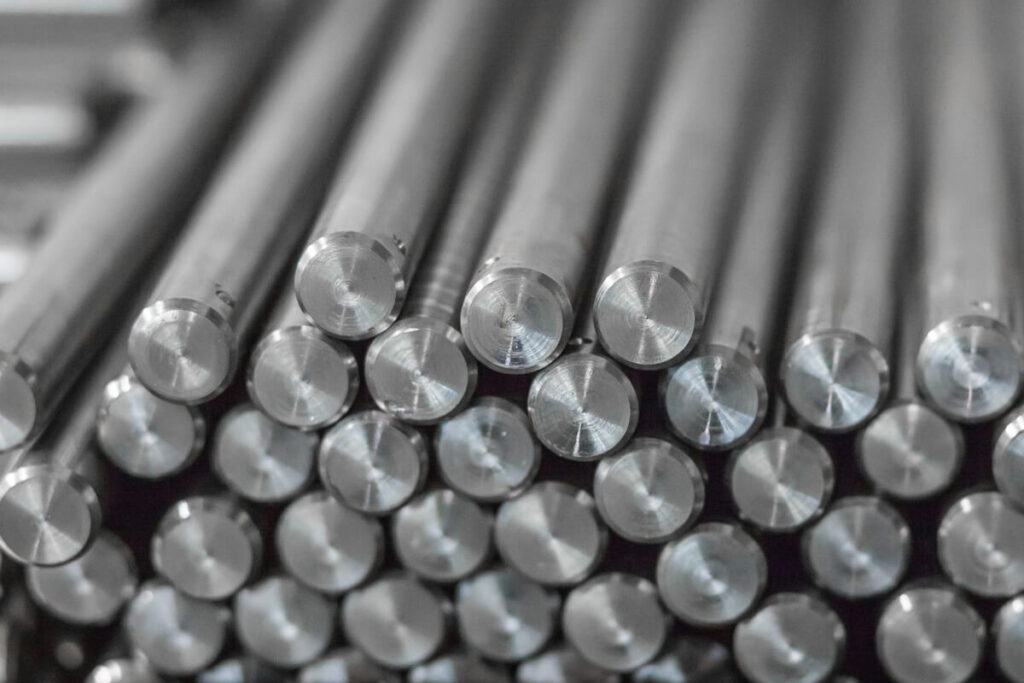
2. Alloy Steels
Alloy steels contain elements such as chromium, nickel, molybdenum, and vanadium, which improve heat treatability.
Chromoly Steels (e.g., 4130, 4140)
Widely used in the automotive and aerospace industries, these can be hardened by quenching and tempering.
Tool Steels (e.g., D2, H13)
Used for making cutting and forming tools, these steels respond well to hardening and tempering for high wear resistance.
3. Stainless Steels
Martensitic Stainless Steel (e.g., 410, 420)
Heat-treatable to achieve high strength and hardness, commonly used in cutlery and surgical tools.
Austenitic Stainless Steel (e.g., 304, 316)
Generally not hardenable by heat treatment, though it can be stress-relieved or softened by annealing.
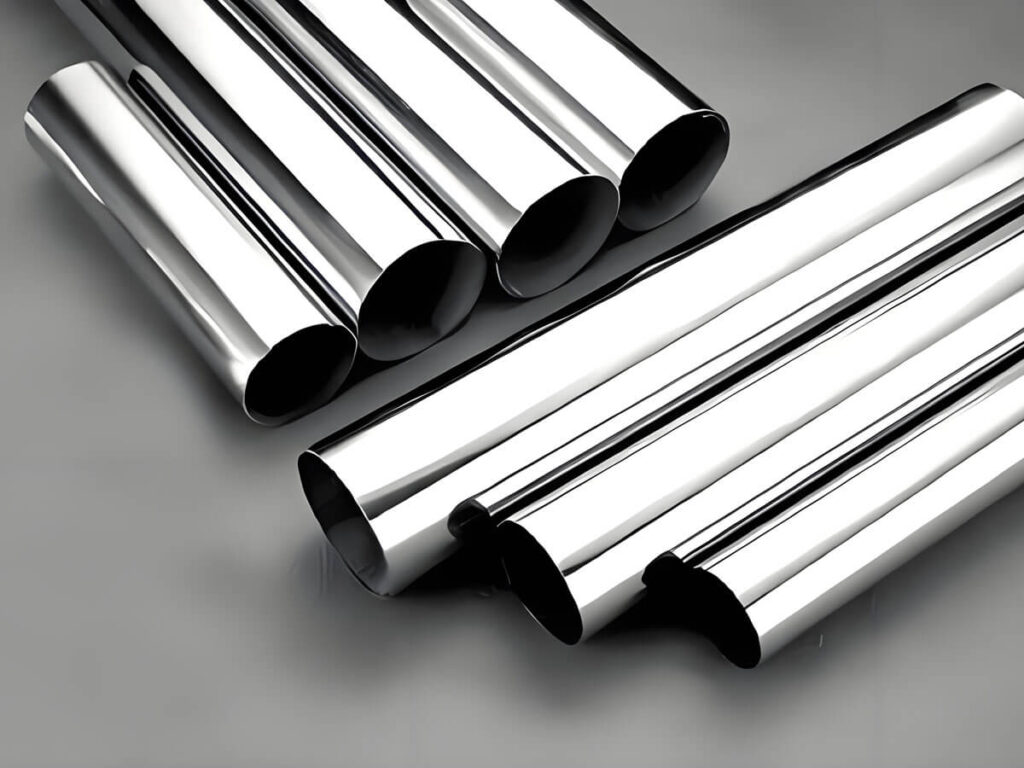
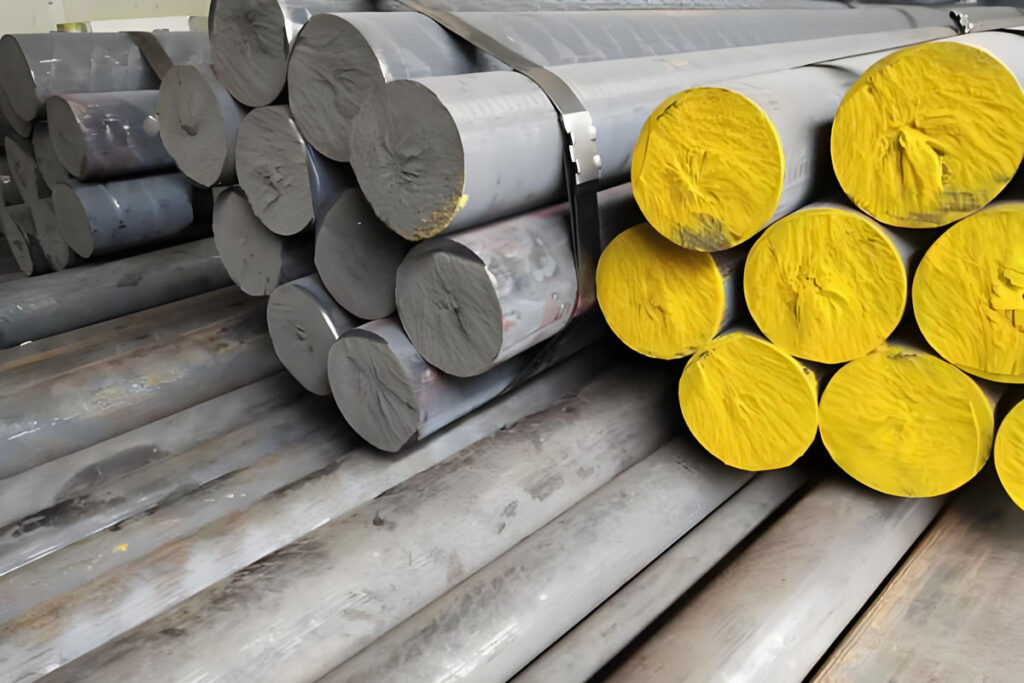
4. Cast Iron
Gray Cast Iron
Typically annealed to relieve internal stresses.
Ductile Iron
Can be heat-treated through processes like quenching and tempering to improve strength and toughness.
5. Aluminum Alloys
Heat-Treatable Alloys (e.g., 6061, 7075)
Some aluminum alloys can be strengthened through solution heat treatment and aging, commonly used in aerospace and automotive components.
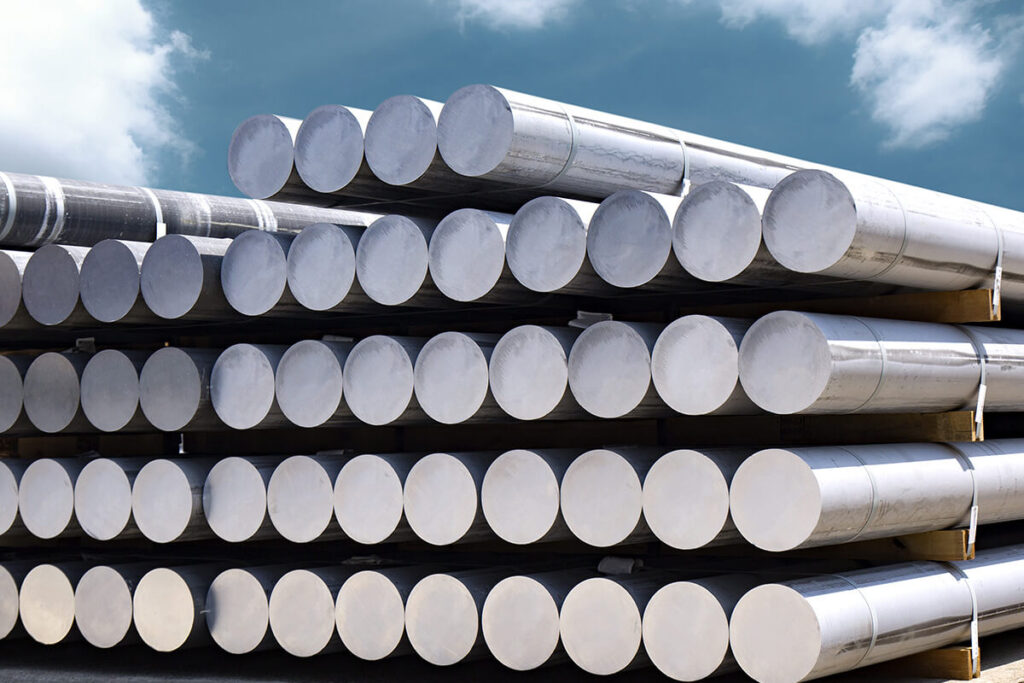
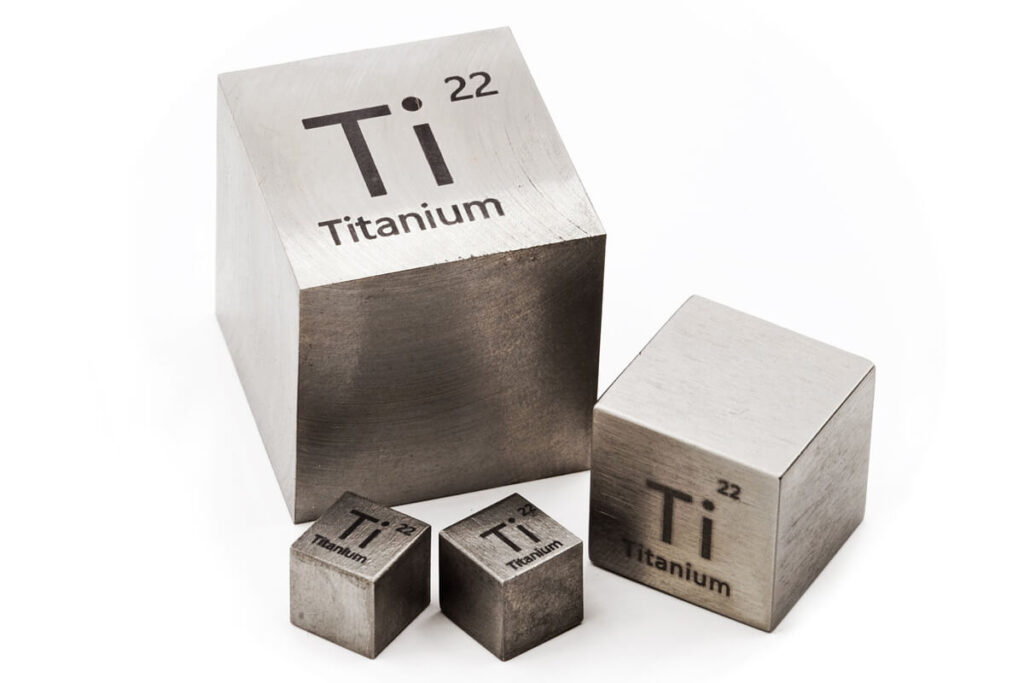
6. Titanium Alloys
Alpha-Beta Alloys (e.g., Ti-6Al-4V)
These alloys can be heat-treated to enhance strength and fatigue resistance, making them suitable for high-performance aerospace applications.
7. Super alloys
Nickel-Based Alloys (e.g., Inconel, Hastelloy)
Used in high-temperature applications, these can be heat-treated to improve their high-temperature strength and oxidation resistance.
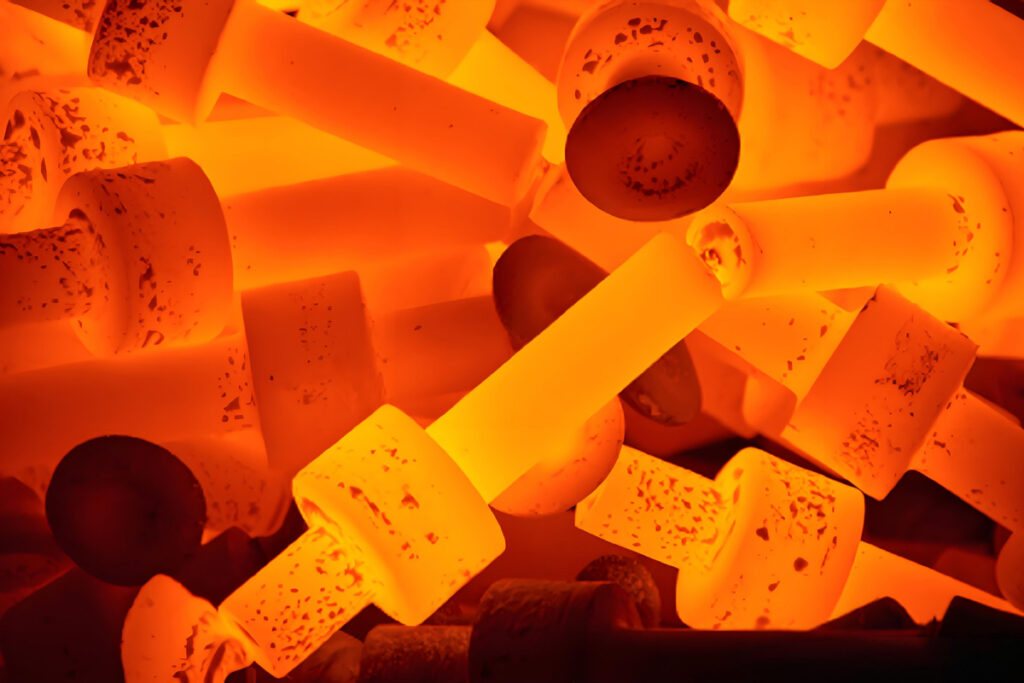
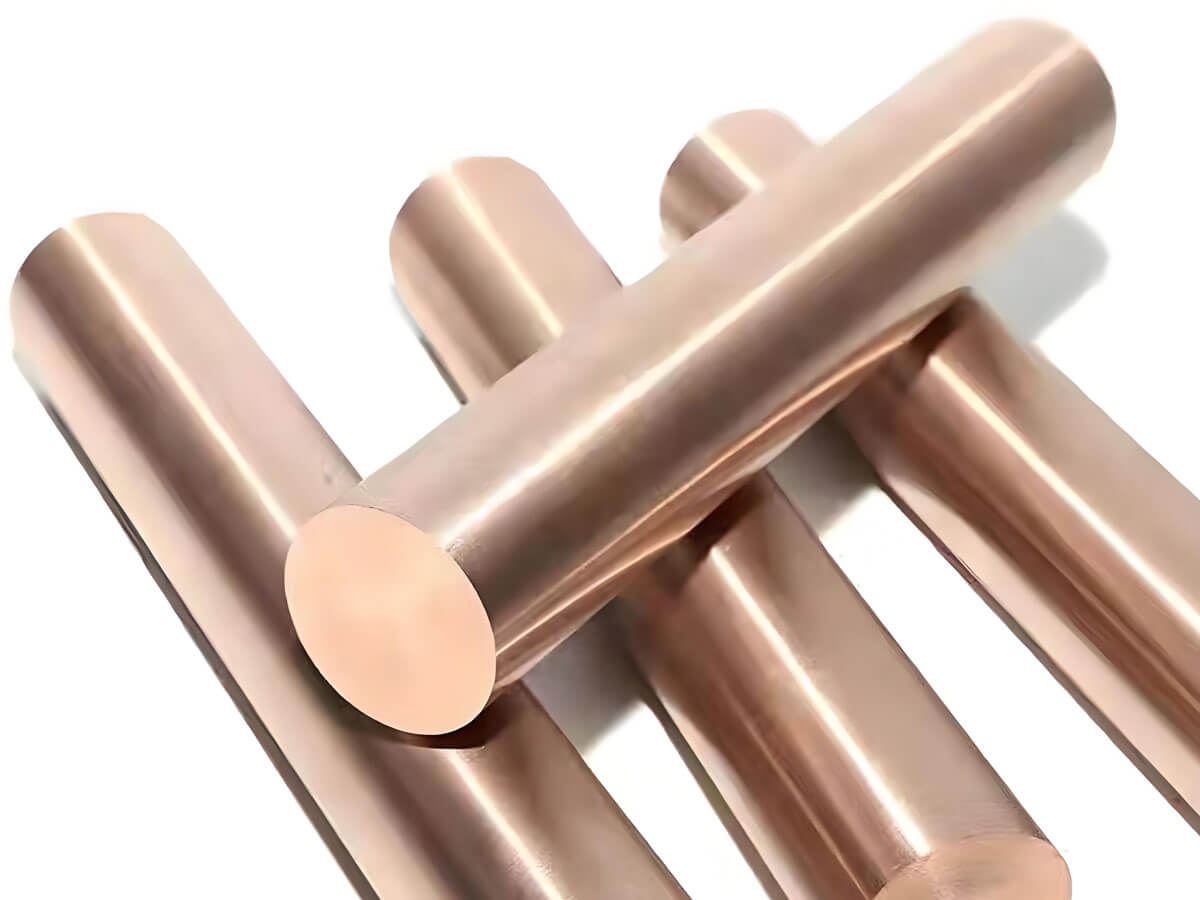
8. Copper Alloys
Bronze and Brass
Though not commonly heat-treated for hardening, copper alloys can be annealed to enhance ductility for further machining or forming.
9. Tool Materials and High-Speed Steels
High-Speed Steels (e.g., M2, T1)
These materials are heat-treated to achieve high hardness and wear resistance for cutting applications.
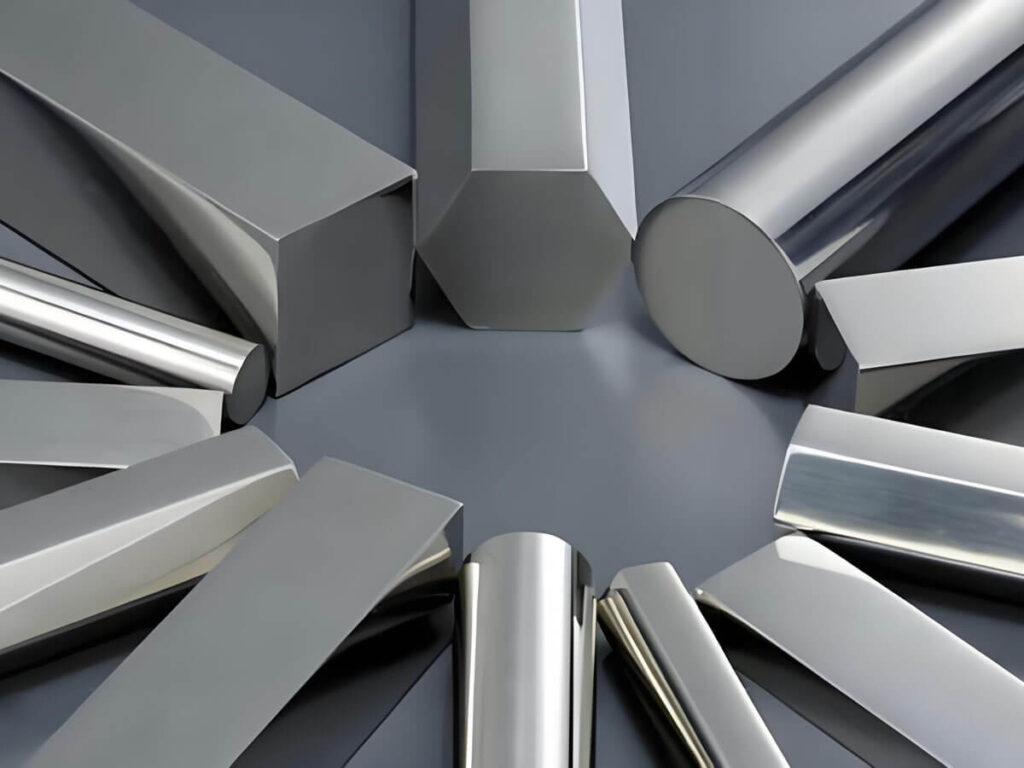
Get Your Parts Into Production Today!
Want to learn more about SYM precision machining services, please contact us now.
